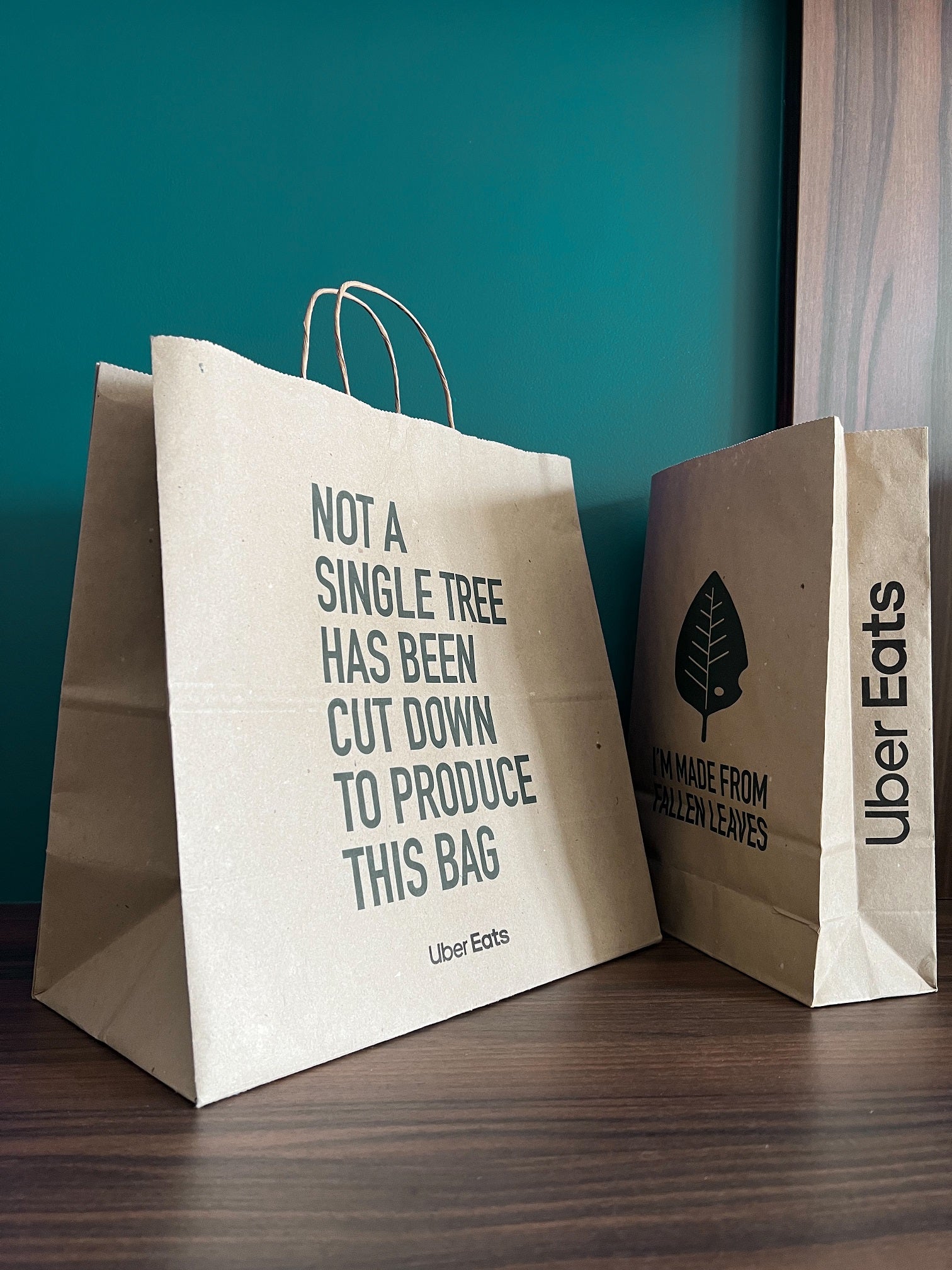From local innovations to shaping global solutions — Alexander Sobolenko , General Manager of Releaf Paper, joined global leaders at the WTO Public Forum 2024 in Geneva to address one of the most urgent issues of our time: the transition away from plastics.
During the panel discussion, „The New Plastics Economy: How to Make a Transition Possible,“ Alexander highlighted how Releaf Paper is pioneering an innovative approach to sustainable packaging using fallen leaves — a renewable resource that helps reduce both deforestation and carbon emissions.
Key Challenge Addressed:
As the world strives to move away from plastics, we are simultaneously facing a „paper crisis.“ The surge in demand for pulp to replace plastics has:
- Increased deforestation rates
- Raised CO2 emissions due to traditional pulping processes
- Driven pulp prices higher, adding pressure to supply chains
But Releaf Paper is showing the world that there is a better way. By transforming waste material — specifically fallen leaves — into eco-friendly pulp, we offer a solution that not only replaces plastic but also reduces reliance on wood pulp, a win-win for both the environment and the economy.
Alexander’s Key Insight:
„Fibers are everywhere. The solution to both the plastic and paper crises lies in using what we’ve overlooked: waste. At Releaf Paper, we’ve mastered the transformation of fallen leaves into a sustainable pulp, turning what was once discarded into a valuable resource that can help replace harmful materials globally.“
On the panel, Alexander was joined by other influential leaders:
- Henrique Silva Pacini Costa, Economic Affairs Officer, UNCTAD
- Tetyana Payosova, Van Bael & Bellis
- Heloisa Pereira, Brazilian Foreign Trade Chamber
- Elzette Henshilwood, SouthSouthNorth
Together, they explored how non-plastic material substitutes, like Releaf Paper, and strategic trade policies can accelerate the transition to a circular plastics economy. They also discussed key barriers to scaling such innovations globally.
The time to act is now.
Image Credits: SMEP Programme



